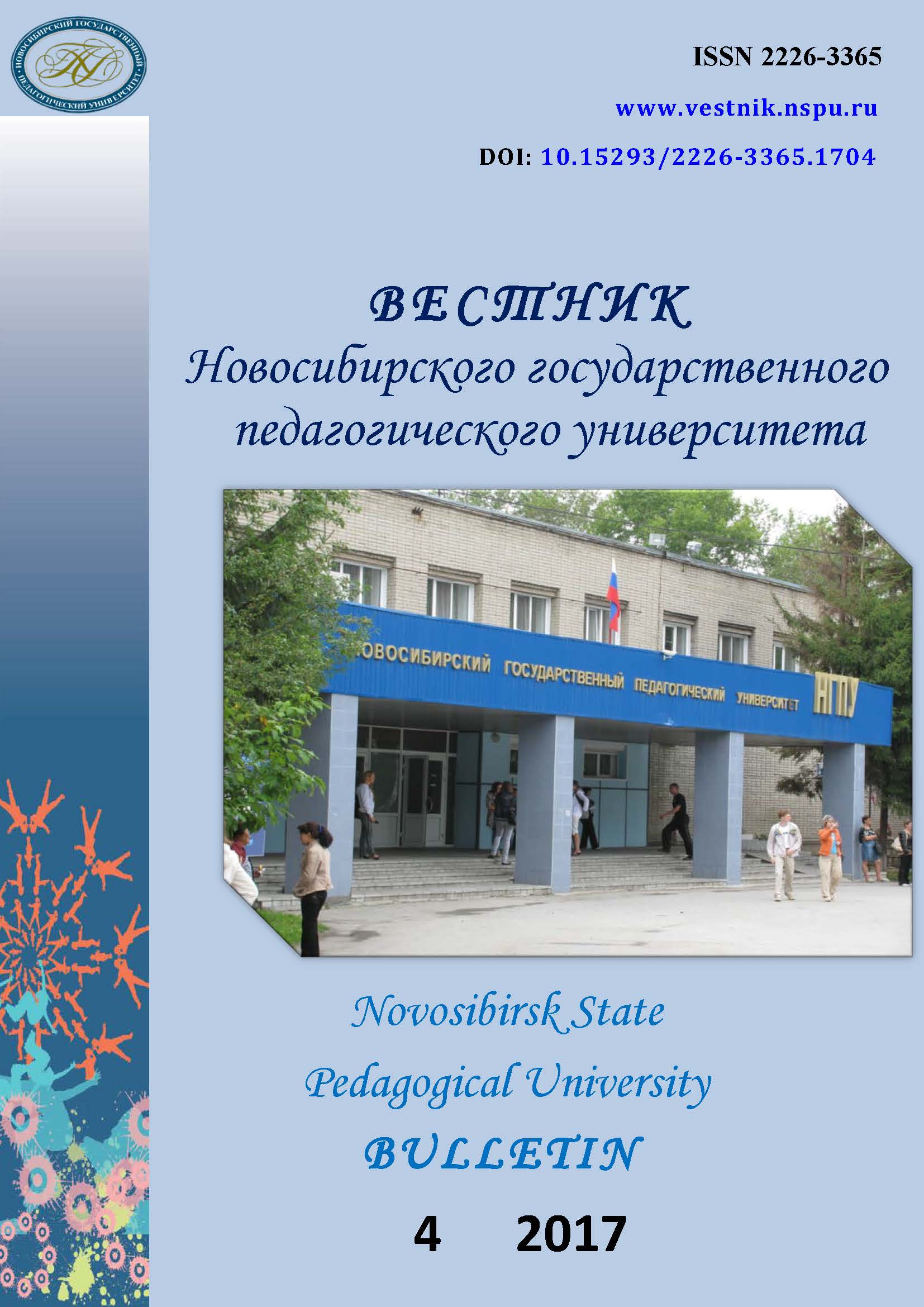Исследование влияния корпусного метода на успеваемость студентов в изучении фонетики английского языка
Investigating the impact of corpus-based classroom activities in English phonetics classes on students’ academic progress
Author(s): Iuliia Andreevna Kuzminykh, Svetlana Petrovna KhoroshilovaSubject(s): Foreign languages learning, Western Slavic Languages, Higher Education , Philology
Published by: Новосибирский государственный педагогический университет
Keywords: Corpus-based approach; Linguistic corpus; Phonetics; Information and communication technology; Teaching; Foreign language; Effectiveness; Academic progress; Motivation
Summary/Abstract: Introduction. The paper introduces the results of an educational research project, aiming at the evaluation of the impact of the use of corpus-based set of classroom activities on students’ academic progress in English phonetics classes and their motivation to study English pronunciation. Consequently, the research objective was to find out the effectiveness of a corpus-based method of instruction compared to a traditional teacher-centered approach and to evaluate the impact of the use of corpora-based classroom activities during the input of a new material on students’ motivation to study phonetics. Materials and Methods. The methods employed in the current research combined a questionnaire study and a pre-, and a post-test. The evaluation of the significance of differences in the test results of the two groups was done using chi-square analysis. The participants were two groups of the second-year students of the Faculty of Foreign Languages at Novosibirsk State Pedagogical University who were doing a practical phonetics course at the time of the experiment. Results. The corpus-based method in teaching was developed mainly for grammar and vocabulary acquisition and no data was found about the research aimed at the impact of these activities on the learners’ pronunciation level. The designed corpus-based classroom activities explored English connected speech processes such as elision and assimilation. The attained results testify that a corpus-based method of instruction happened to be more effective than a traditional teacher-centered approach in introduction of the new material in the class of phonetics. The difference in pre-test and post-test results in the experimental group proved to be statistically significant, while in the control group the results appeared statistically insignificant. In addition, there was statistically significant difference found between the post-test results from the two teaching approaches. According to the questionnaire data, the application of corpora in the classroom had a positive impact on the students as it revived their interest and motivation in the process of learning pronunciation. Conclusions. Corpus-based classroom approach proved to be one of the alternatives to the traditional ways of teaching pronunciation, which allows to consider corpora a perspective technology to be integrated into the academic environment in Russian university context. The results of the research demonstrated a positive impact of the use of corpus-based classroom activities on students’ academic progress in English phonetics classes as well as their motivation level.
Journal: Вестник Новосибирского государственного педагогического университета
- Issue Year: 7/2017
- Issue No: 4
- Page Range: 40-51
- Page Count: 12
- Language: English

